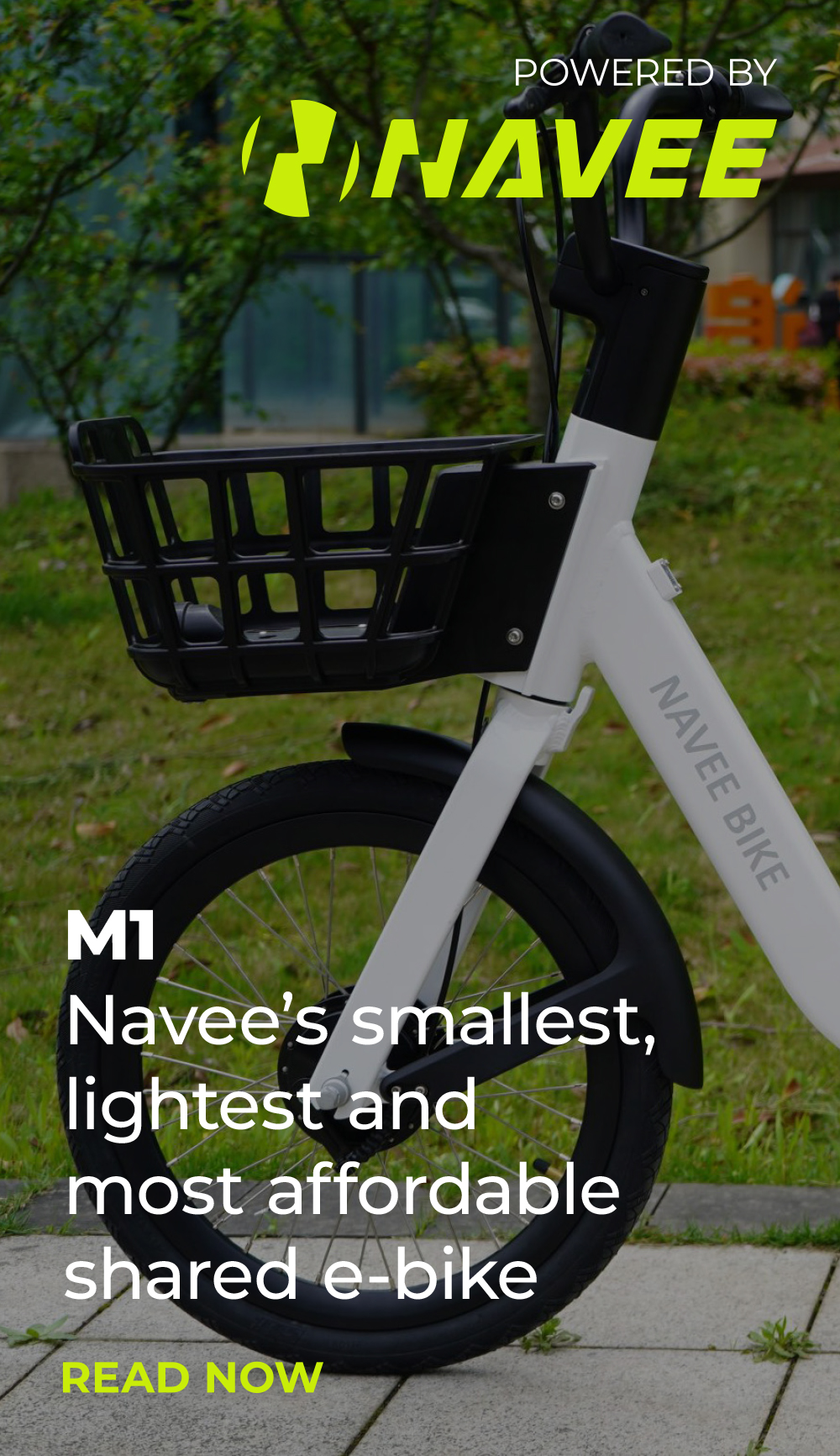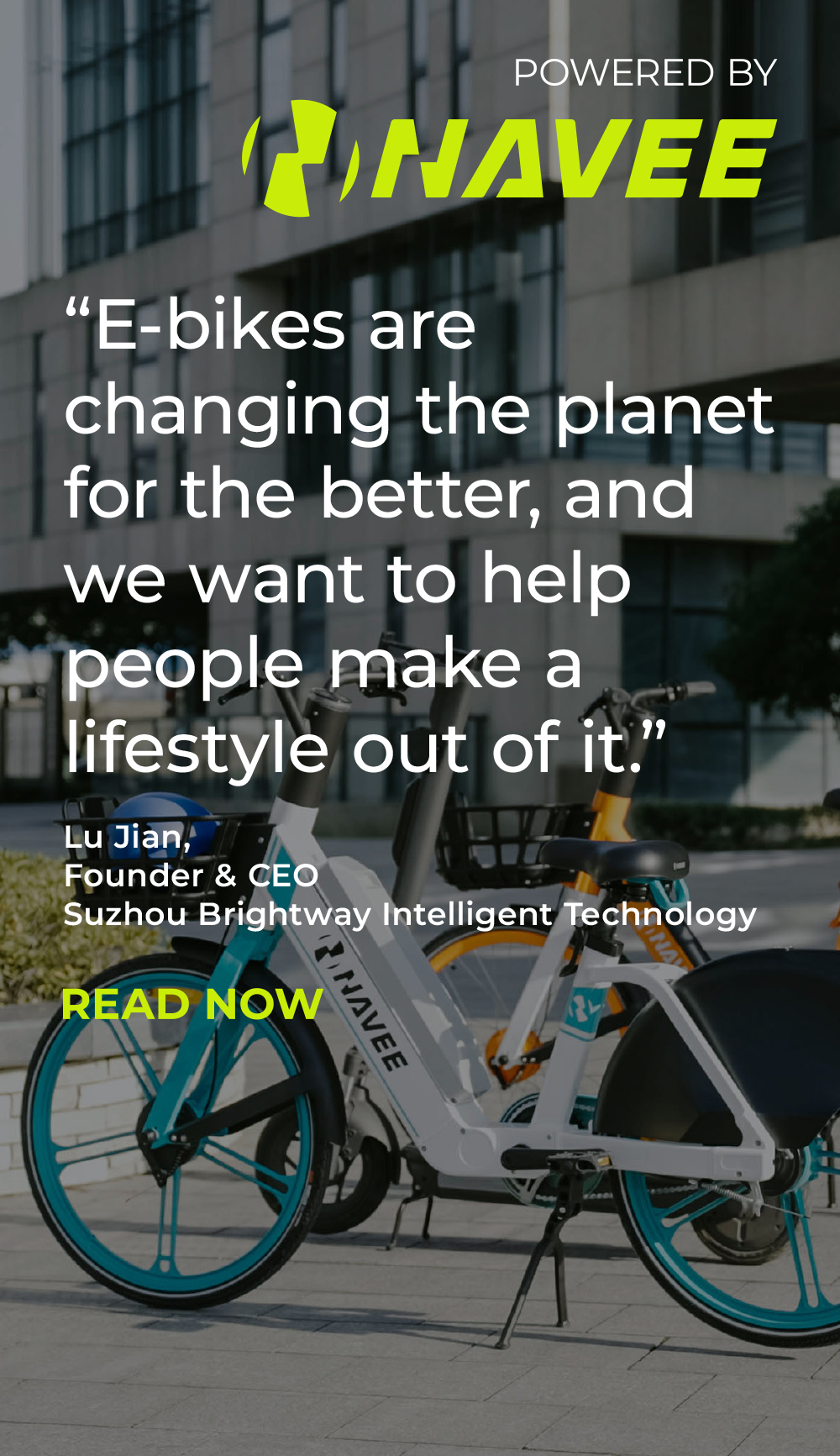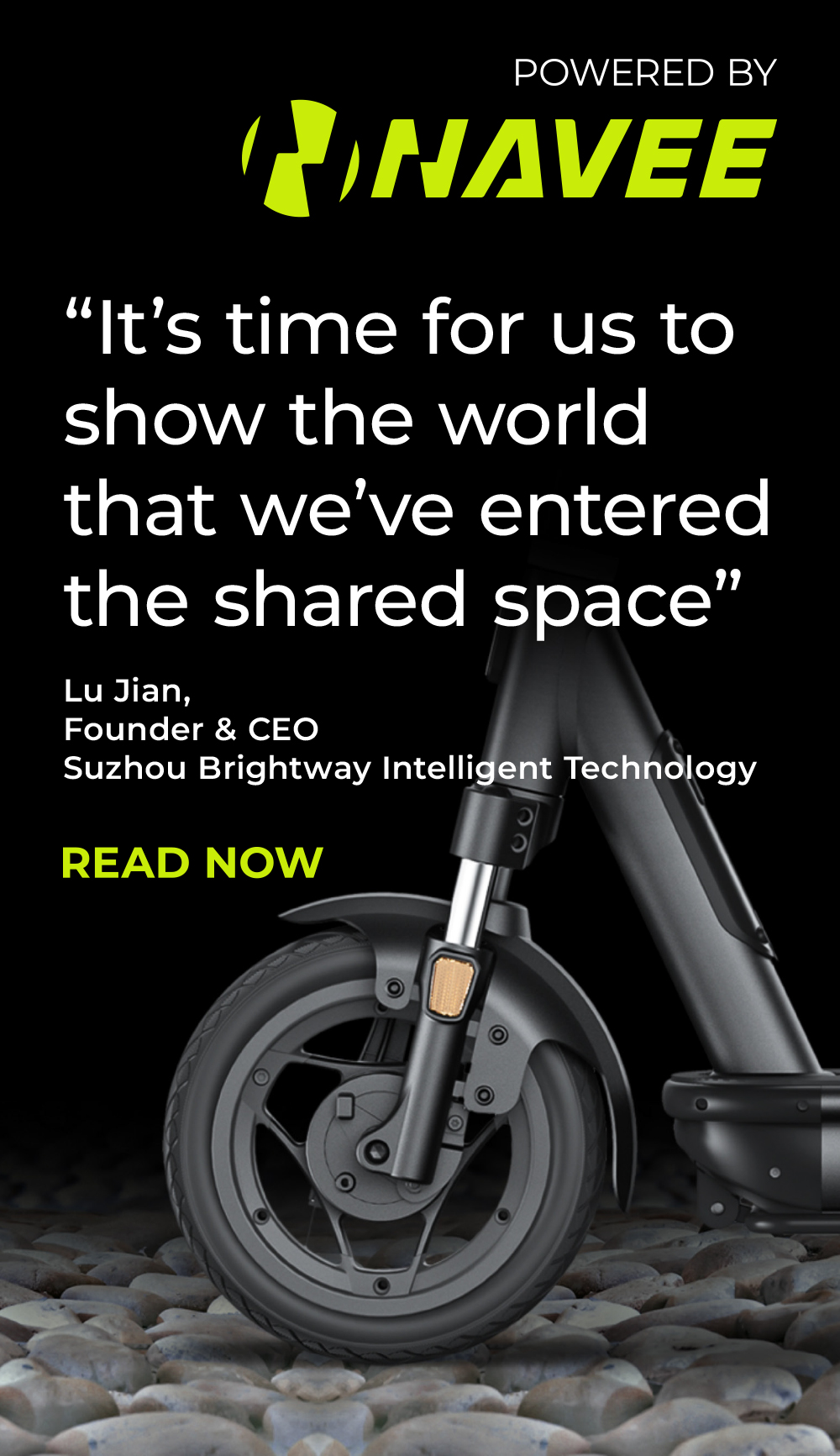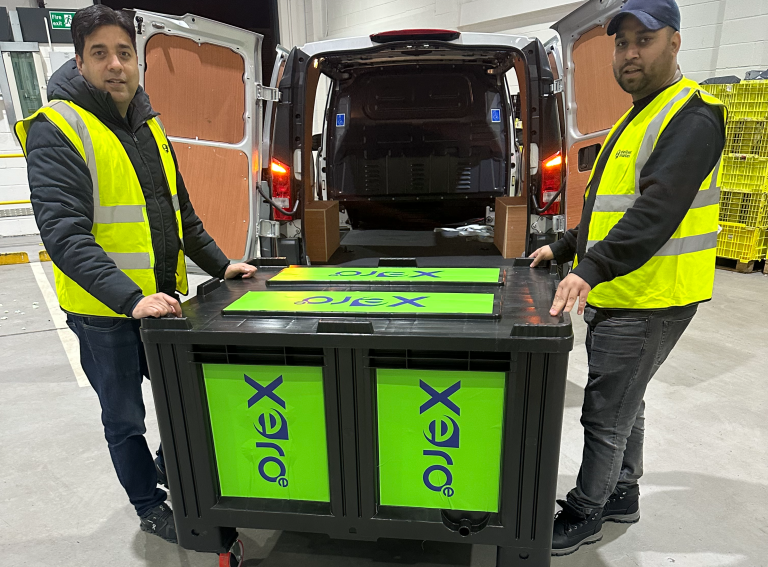Global fleet optimisation provider Zoba is expanding in Europe, opening new offices in Berlin and London in a move to better help shared mobility and fast delivery operators achieve profitability.
Based in Boston, Zoba is already an established leader in urban mobility, where its fleet optimisation platform is used daily by operators in more than 200 markets, including dozens across Europe. Zoba’s platform helps operators achieve profitability by maximising fleet utilisation and ensuring regulatory compliance using its decision-automation software.
One of Zoba’s strengths is its unique ability to dynamically provide operators with real-time recommendations on the most impactful operational tasks – such as deployments, swaps, or rebalances. It does this by combining live fleet data from operators with their proprietary demand-forecasting models built by data scientists from Harvard and MIT.
“We’re in the unique position where we can dynamically forecast ridership at the street level for nearly any city in the world,” Joseph Brennan, Co-Founder of Zoba, told Zag Daily. “Having this level of granularity fundamentally changes an operator’s ability to maximise outcomes.
“For the last two years Europe has been the most interesting market for micromobility and we see a lot of promise there looking forward. While some of the e-moped sharing and bikeshares have done well in the US, across the board the baseline ridership rate is often half or less of what you would see in an equivalent European market.”
Tapping into the promise of Europe
Zoba clocked on to this trend a few years ago, but is now ready to make its presence fully felt in the region by expanding its team and establishing formal offices in the region.
“We chose Berlin as it is this centre for testing and micromobility innovation where a lot of the important work is happening on the streets with vehicles, while the main draw for London has been the talent pool.”
Brennan said that “Europe combines a robust talent market with an active community that is really central to everything happening in this new vanguard of urban mobility – be it in micro, delivery, or shared.”
Moving quickly, the company has already built out business development, operations, and marketing teams in the region and plans to continue to expand the team throughout 2023.
“For a company of our scale, it’s a pretty substantial investment,” said Brennan. “We’re a quality not quantity type of business. Our software helps operators place hundreds of thousands of vehicles every day, so the impact of our work is very high, but we don’t need to be a massive organisation to add value. When it comes to solving really complex problems, we’ve found it’s far more important to have the best talent than the most.”
Using data science to give operators an edge
“Operations have become massively more complex than they were in the early days of shared mobility,” he said.
Now Brennan explains that operators need to understand demand at a much deeper level, responding dynamically to changes.
“Before, the process was to take the vehicle back to the warehouse, put it out in the morning, do your best to not mess that up, and then maybe find a better place to put it the next day.”
Now tasked with managing hundreds or thousands of vehicles, he likens the challenge operations teams face today to playing a game of chess against a computer.
“In the short term, a human and computer will make similar moves but if you look a bit closer – they are really playing two different games. Most people only think one or two moves ahead, while a computer will model out the different distribution of probabilities that could happen downstream to maximise their chances.”
These are things that are really hard for a person to intuit, but are problems for which computers are ideally suited. As operations have gotten more complex, the need for better automation and insights has increased.
“Operators today are nowhere near maximum efficiency, there’s still so much opportunity for improvement,” said Brennan. “In fact, our data shows that as many as 1 in 3 of all deployments done today add no real value to an operator’s network.”
It is these types of challenges that cut into operator profits and put increased stress on operations teams. By expanding into Europe, Zoba is hoping it can help more local operators streamline operations and achieve profitability faster.
“Helping operators maximise their fleets is our sweet spot and doubling down on Europe and making it a second home is a natural extension to the work we’ve been doing here over the last few years.
“We couldn’t be more excited to be in Berlin and London and are looking forward to playing an even bigger role in advancing the shift towards more active, sustainable forms of transit.”






